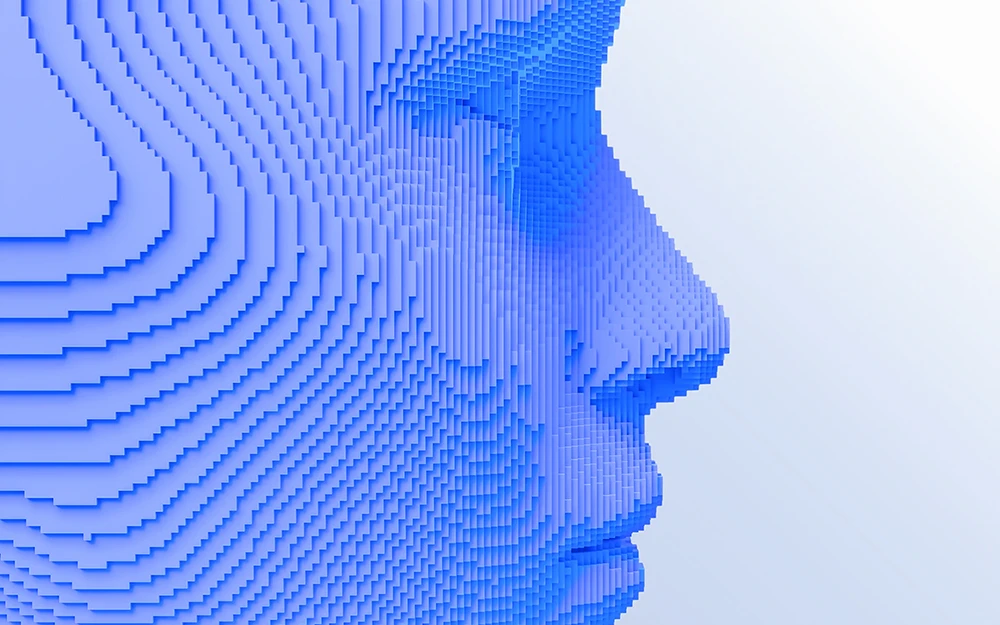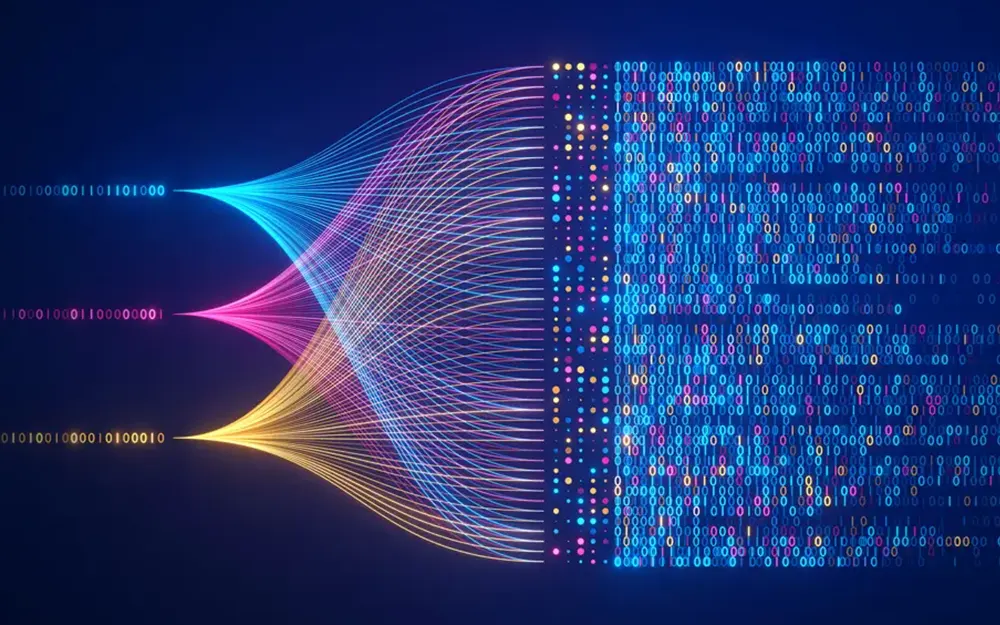The advancement of AI is heavily reliant on hardware for the computation, the software that runs on them, and the data that can be used to train the machine.
And as generative AIs, made a hype following the introduction of OpenAI's ChatGPT, create the possibilities for people to interact with the technology using chatbots, users couldn't be happier.
After all, humans are social beings.
In general, humans cannot live in solitude, and they need to have a person to be with, someone to talk and to listen to, a friend to laugh, share and play with, a partner to have intimacy with, and so forth.
But even without being equipped with a physical form, and that AIs only live inside the screens of devices, the technology still raises some intriguing questions about the future of human–computer interaction, and how people will perceive AI as a companion.

Or as a friend, or a co-worker, a colleague, or a lover.
As AI-powered bots continue to advance and awe people, they can trick people into thinking that the interaction they make is real.
And as companies continue advancing the technology to give them distinct personalities and faces, AI can make themselves even more relatable to users.
Meta that created chatbots which resemble celebrities like Paris Hilton or Charli D'Amelio is undoubtedly attention-grabbing.
And when AIs go beyond just text, to also be able to understand spoken words and images, the technology becomes a multi-modal, and becomes a lot more interesting to interact with.
The first steps made to give AI personalities, include OpenAI in giving ChatGPT the 'Custom Instructions' feature. And by giving the AI the ability to read past interactions, OpenAI managed to give ChatGPT a glimpse of what resembles a personality.
The possibilities are intriguing, because the methods allow the AI companion to get to know its users' quirks, interests and more, and that they can be programmed to respond according to the user's preferred style.
This synthetic companion could sound, or even appear like the real people would normally encounter in real life, but a lot more smarter, more patient, and always available.

For those who may be lonely, isolated, or on the margins of society, the prospect of having an AI companion could be transformative, the AI can be more than just a friend.
After all, with AI's voices that can programmed to have a warm and empathetic in quality, the AIs can make interactions feel a lot more human.
It's reminiscent of the concept popularized in the movie Her, where users develop emotional connections with AI companions.
This is in line with what Mo Gawdat, former Chief Business Officer at Google X, once argued.
He said that as soon as people can no longer able to tell the difference between real-life interactions and those that are created artificially, that AI shall usher in a "redesign of love and relationships."
Critics also argue that the race to create AI personalities may lead to what American philosopher Daniel C. Dennett calls "the most dangerous artefacts in human history."

Then comes the concerns, and that there are lots.
The first big concern is that these chatbots, despite their appearances, are still algorithms and lack true intention and free will, two key components of genuine personalities.
Then, there are concerns about the ethical implications of creating chatbots that appear to have personalities.
The debate over whether these AIs can truly possess personalities, intentions, or free will is a valid one.
While tech companies are racing towards creating an AGI, that doesn't mean that they can ever create AIs with the ability to imitate certain traits that make up a genuine personality.
Even if ever AI becomes sentient, some people argue that a personality that emulates a living being's thoughts and opinions cannot be coded or programmed.
Regardless, as AI continues to evolve, the world will witness a range of different views on the impact of AI personalities in people's lives.
These advancements may lead to more personalized, engaging, and entertaining digital experiences or create a sense of uncanniness. But nonetheless, it's clear that generative AI technologies create a whole new world, which redefines how people engage with computers, and also each other in the ever-growing digital world.
In science-fiction stories, it has long been depicted that rogue AIs can create a post-apocalyptic future, where humans are on the brink of extinction. But in the foreseeable future at least, AIs need more than just a face and a personality to be able to end the world.

While it's exciting to interact with AI entities that appear human, it's equally important to remain cautious about the ethical and societal challenges they present.
If people start trusting what these AI personalities say without questioning their authenticity, it could lead to misinformation and distrust. And because everything is online, this can translate to catastrophe.
The journey into the world of AI personalities is a double-edged sword. It offers exciting possibilities for engagement and interaction but also raises significant ethical concerns.
This is why OpenAI CEO and founder, Sam Altman, has been stressing about transparency and regulation. These are needed to maintain the nature of these chatbots without having them crossing the boundaries.
Maintaining transparency about the limitations of these chatbots is crucial for responsible AI development.
The point about the boundary between AI and humans becoming blurred is quite thought-provoking, and that the implications of AI personalities on people's digital lives remain uncertain.